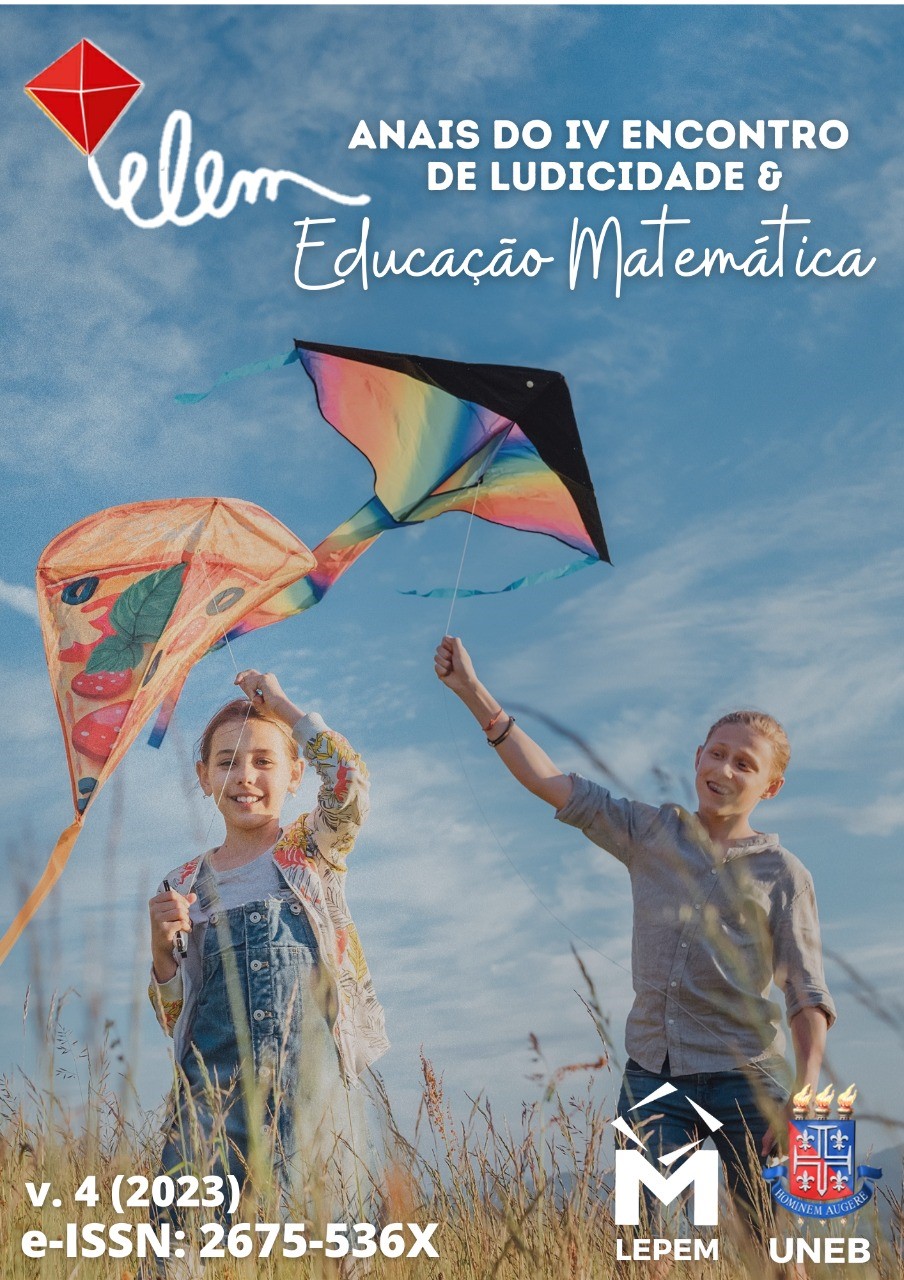Teacher training: formative experiences in the context of PIBID/IFC
Keywords:
Matemática. Oficina Pedagógica. Saberes Pedagógicos. Experiência.Abstract
The aim of this paper is to present reflections on the development of pedagogical workshops, as well as their contribution to the training of the scholarship holders of the Institutional Teaching Initiation Scholarship Program (PIBID, in Portuguese) of the Mathematics Department of the Instituto Federal Catarinense (IFC) Rio do Sul Campus, Brazil. The scholarship holders developed pedagogical workshops on the mathematical content of the Cartesian plane for 7th grade students at the Deputado João Custódio da Luz Basic Education School. The workshop began in April, when the scholarship holders planned and prepared the materials to be used. In May, there were two meetings with the class. The first meeting was divided into two parts: the first one, which lasted 35 minutes, was to play a bingo game; the second one, which lasted 45 minutes, was to do multiplications on the geoplane. The second meeting, in the next day, lasted 45 minutes and involved activities on the Cartesian plane on a real scale. The purpose of these activities was to promote the construction of mathematical knowledge in an interactive way and give students the opportunity to be protagonists in the teaching and learning process. The experience allowed to the scholarship holders to apply their academic knowledge in practice, and also enabled them to develop new skills such as planning and organizing lessons. It also helped the scholarship holders to develop the pedagogical knowledge they need for their future as teachers.
Downloads
References
BRASIL. Ministério da Educação. Base Nacional Comum Curricular. Brasília, 2018
BRASIL, Secretaria de Educação Fundamental. Parâmetros Curriculares Nacionais. Brasília: Mec/SEB, 1998.
FIORENTINI, D; MIORIM, M. A. Uma reflexão sobre o uso de materiais concretos e jogos no ensino da Matemática. Publicado no Boletim SBEM – SP, ano 4 (1990) – n° 7. http://www.cascavel.pr.gov.br/arquivos/14062012_curso_47_e_51_-_matematica_-_ emersom_rolkouski_-_texto_1.pdf
LOREZANTO, S. O laboratório de ensino de matemática na formação de professores / Sergio Lorenzato. 3º ed. – Campinas, SP: Autores associados, 2010.
LUCKESI, C. C. Ludicidade e atividades lúdicas: uma abordagem a partir de experiências internas, 2005. Disponível em: www.luckesi.com.br. Acesso em: 16 de julho de 2023.
QUARTIERI, M. T.; GIONGO, I. M.; REHFELDT, Márcia Jussara Hepp. Problematizando o ensino de frações com um grupo de professores do ensino fundamental. Revista Linhas. Florianópolis, v. 21, n. 45, p. 381-403, jan./abr. 2020. Disponível em: https://revistas.udesc.br/index.php/linhas/article/download/12382/pdf/61182. Acesso: 30 set. 2023.
Downloads
Published
How to Cite
Issue
Section
License
Copyright (c) 2023 Isadora Guimarães, Caio Gomes Guimarães, Neila de Toledo e Toledo

This work is licensed under a Creative Commons Attribution-NonCommercial-ShareAlike 4.0 International License.
Uma nova publicação de artigo anteriormente publicado nos Anais do Encontro de Ludicidade e Educação Matemática, fica sujeita à expressa menção da precedência de sua publicação neste periódico, seguindo as normas de referência. Autores que publicam nos Anais do ELEM concordam com os seguintes termos:
-
O Conselho Editorial se reserva ao direito de efetuar, nos originais, alterações de ordem normativa, sintática, ortográfica e bibliográfica com vistas a manter o padrão culto da língua, respeitando, porém, o estilo dos autores. As provas finais poderão ou não ser enviadas aos autores.
-
Autores mantém os direitos autorais e concedem à revista o direito de primeira publicação, com o trabalho simultaneamente licenciado sob a Licença Creative Commons Attribution (CC BY-NC-SA).
-
Autores têm autorização para assumir contratos adicionais separadamente, para distribuição não-exclusiva da versão do trabalho publicada nos Anais do ELEM; exemplo: publicar em repositório institucional ou como capítulo de livro, com reconhecimento de autoria e publicação inicial nos Anais do ELEM.
-
Autores têm permissão e são estimulados a publicar e distribuir seu trabalho online — em repositórios institucionais, página pessoal, rede social ou demais sites de divulgação científica.





